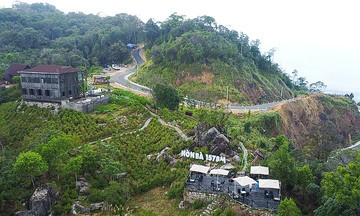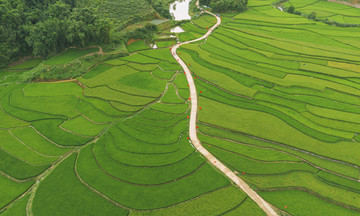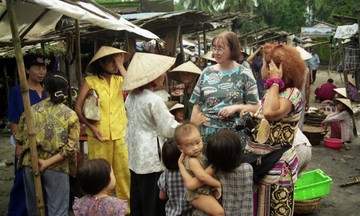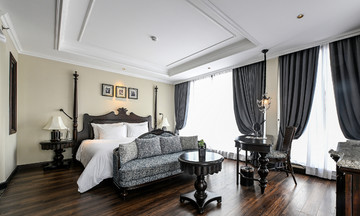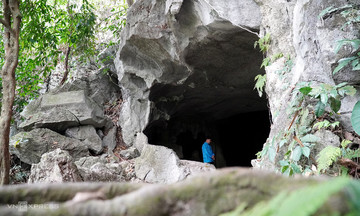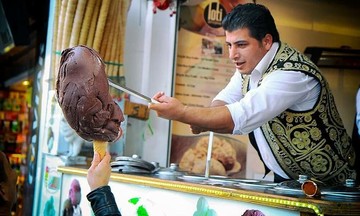Over the past few years, 37-year-old Asa Jin, who lives in Hangzhou (Zhejiang province), has frequently visited cafes in the suburbs, but rarely returns to the same one twice.
"I go to cafes mainly to check in and then look for a different one," Asa said. She noted that many cafes now follow trends, investing in scenery for photo opportunities, and leaving little lasting impression on customers after a single visit. Asa has no shortage of options, as more and more cafes are popping up in China's rural areas, traditionally associated with tea and a quiet life.
The coffee craze has spread to the countryside, creating the concept of "rural cafes", part of the government's "rural revitalization" strategy, aimed at bridging the urban-rural divide and boosting domestic tourism.
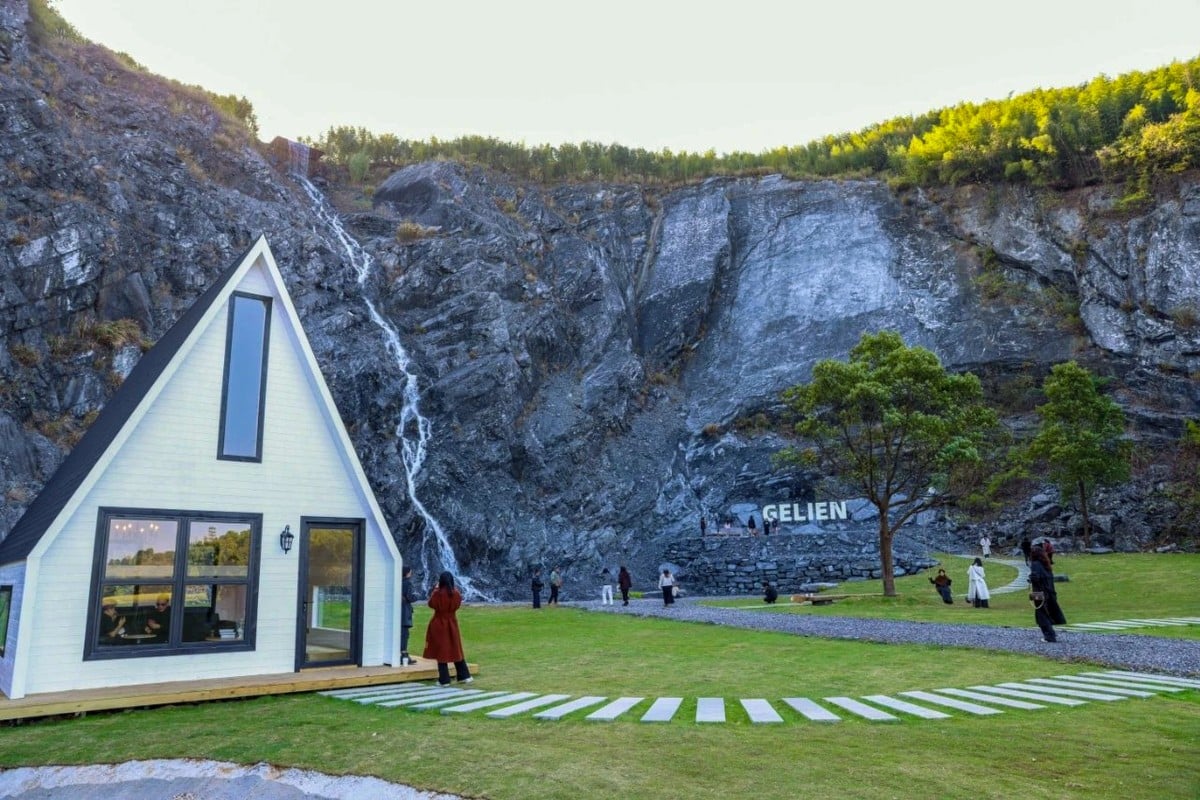 |
Gelien cafe in Deqing county, Zhejiang. Photo: SCMP |
Gelien cafe in Deqing county, Zhejiang. Photo: SCMP
In Anji county, Zhejiang, the Deep Blue cafe model is being touted as an example. It operates on a "two investments, three profits" model: residents contribute land and receive dividends, rent, and salaries from working at the cafe. Thanks to this ripple effect, Anji now has over 300 cafes, more than Shanghai in terms of population density.
According to local media statistics, 98% of cafes in Zhejiang province feature nature-inspired designs. Nationwide, China now has over 40,000 cafes in rural areas. Yunnan and Guangdong provinces lead in numbers.
Policies promoting tourism and specialized agriculture are transforming once-peaceful villages into attractive destinations for urban youth. Behind this vibrant picture lie several challenges.
Professor Li Ban of the Central University of Finance and Economics warned that the rate of cafe openings is far outpacing the growth in demand, significantly reducing profits in the rural cafe sector.
To survive, cafes must differentiate themselves not only in scenery but also in product quality and customer experience. In Deqing county, Zhejiang province, Gelien cafe is ranked highest on Dianping, China's largest platform for restaurant, entertainment, travel, and shopping reviews and bookings. The cafe attracts customers with its artificial scenery reminiscent of Switzerland. However, nearly 30% of reviews gave low ratings due to the coffee's poor quality, citing only the beautiful space for taking photos.
Chu Hao Jie, who left the city to return to his hometown and transformed his house into a cafe, said that if businesses cannot turn tourists into returning customers, they can hardly be called successful.
According to Professor Li, the development of rural cultural tourism is reaching saturation. Similar models lacking cultural identity are becoming a major obstacle, affecting sustainable development.
"Policies should facilitate a business-friendly environment and leverage local culture to develop unique tourism models, rather than chasing short-term trends," Li said.
Mai Phuong (SCMP)



